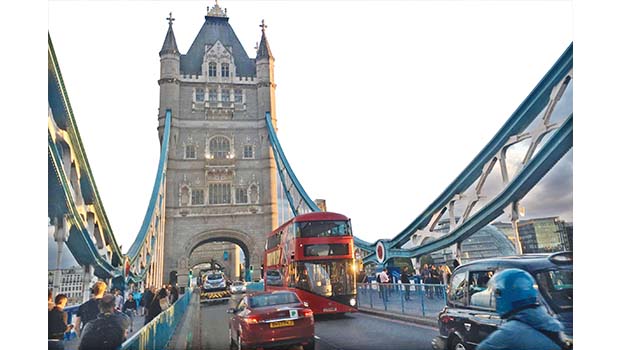Post-Brexit passport rule damaging UK tourism industry

Britain’s tourism industry is already suffering because of the prospect of a ban on European visitors travelling to the UK using an identity card, report agencies.
At present EU citizens are entitled to enter the UK using national ID cards.
But the government says that shortly after Brexit, “we will stop accepting national ID cards for entry to the UK”. The ban is planned to come into effect in 2020 or 2021.
Tom Jenkins, chief executive of the European Tourism Association, told The Independent that the move is already deterring visitors.
“Most people, obviously, can travel within Europe with their ID card, and suddenly they have to get a passport to come to the UK.
“There’s a real cost in obtaining a passport.”
Speaking at the annual World Travel Market in London, Mr Jenkins said that the requirement represents “a significant barrier” particularly for groups of young people.
“It’s a retrograde step. We see the student and school market coming to the UK to be badly affected by this ID policy.
“At the moment people aren’t booking because they don’t know if they can travel on ID cards.”
He added: “I don’t think schoolchildren represent a significant security threat.”
The Home Office is telling prospective visitors: “We’ll announce the date for this change in advance to allow travellers good time to plan their trips.”
“Previously it was a success story. London was the place to go. You can see that gradually eroding.”
At a separate session at the World Travel Market, delegates were told that European visitors are concerned about both the red tape involved in post-Brexit travel to the UK and the warmth of the welcome.
Patricia Yates, director of strategy and communications at VisitBritain, said that Europeans surveyed about tourism to the UK worried about two things: “Will I be welcome, and what are the practicalities?”
But she said that tourists from “high-value, long-haul” markets, notably the US, the Gulf, China and India were visiting the UK in higher numbers than ever.




